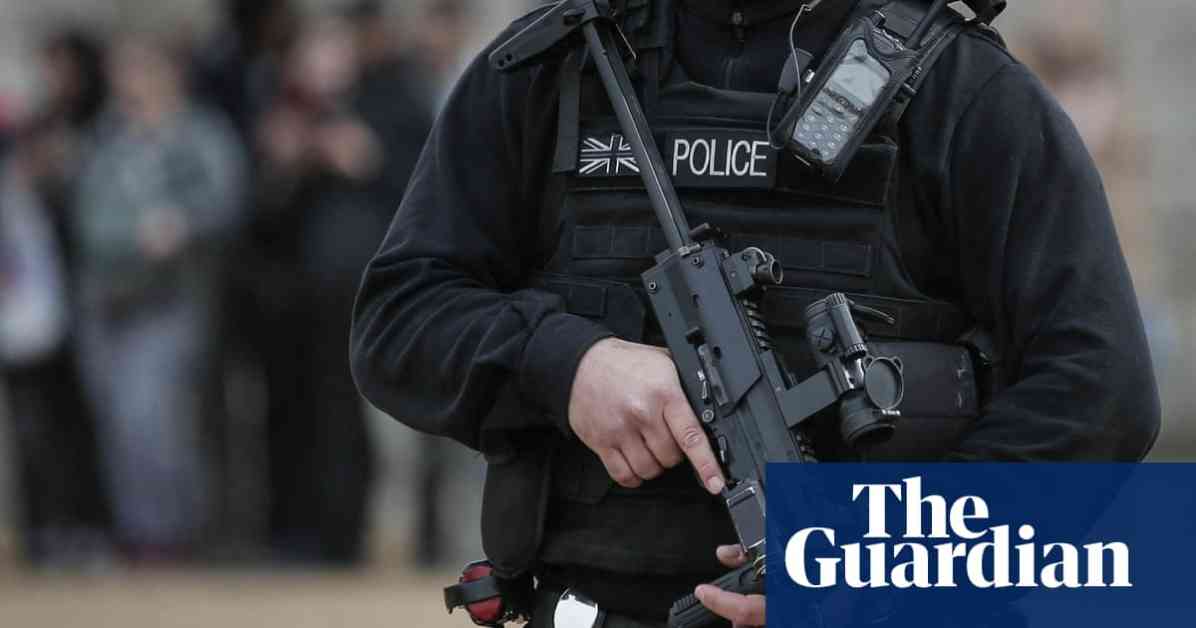The recent acquittal of Metropolitan police sergeant Martyn Blake for the shooting of Chris Kaba in south London has sparked a debate on the anonymity of armed police officers facing criminal charges. Home Secretary Yvette Cooper announced that there would be a presumption of anonymity for firearms officers facing trial following a police shooting, until they are convicted. This is to protect the officers and their families from potential threats or danger during legal proceedings.
Cooper also mentioned that the legal thresholds for charging officers in the use of force cases would be reviewed. Police chiefs are advocating for stricter criteria for charging officers who use force in the line of duty. Additionally, there will be a review of thresholds for inquests and inquiries into deaths, led by former senior judge Adrian Fulford and Tim Godwin, the former acting commissioner of the Met.
In an effort to strengthen police vetting and misconduct procedures, Cooper stated that officers convicted of certain criminal offenses would automatically be found to have committed gross misconduct. There will also be a presumption of dismissal for officers found guilty of gross misconduct. The goal is to expedite the process of disciplining and removing bad officers from the force.
While these measures are meant to ensure accountability and maintain public trust in the police force, some have expressed concerns that the police may be seeking immunity from prosecution. Labour MP Diane Abbott raised the question of whether granting additional protections to police officers would erode community relations and undermine the principle of policing by consent.
Cooper emphasized the importance of building confidence within communities and ensuring that the measures taken are in line with public expectations. She highlighted the need for a balanced approach that upholds accountability while providing clarity for police officers in the exercise of their powers.
The Crown Prosecution Service will also be reviewing how they consider charging officers for alleged offenses committed while on duty. The director of public prosecutions, Stephen Parkinson, emphasized the rarity of criminal prosecutions against police officers and the careful consideration given to such cases.
Overall, the proposed changes aim to strike a balance between protecting the interests of police officers and maintaining public trust in law enforcement. By reviewing legal thresholds, strengthening accountability measures, and ensuring transparency in the charging of officers, the government seeks to uphold the rule of law while upholding the highest standards of policing.












